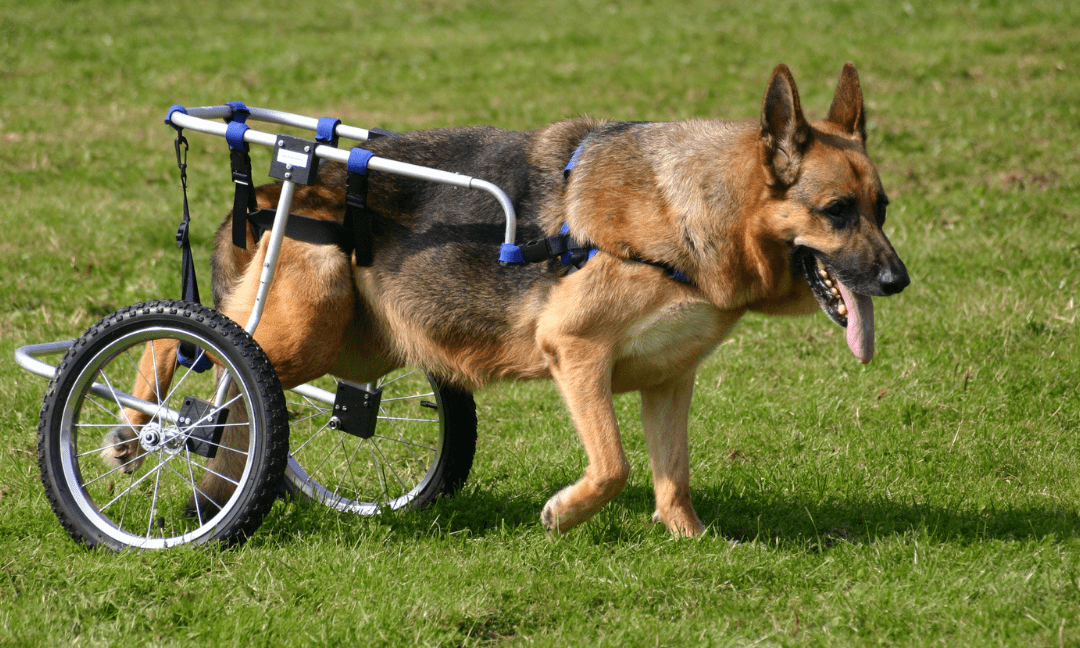If you have a pet with special needs or are planning to adopt one, know that taking care of them is noble work and allows you to show unconditional love. Caring for disabled pets is not an easy task. Quite often, they are overlooked because pet owners are unsure about the proper care they need. Here are some simple tips to help your pet with a disability live their life to the fullest.
5 Useful Tips Caring For Disabled Pets
Establish a Daily Routine
Similarly to taking care of other pets, the first step is to build a routine. It’s crucial to start enforcing habits regularly from day one, so they become second nature to your pet and you over time. Once the daily routine has been set, everything else becomes much easier, such as giving medication, hygiene maintenance, dental care and even those activities that may require a bit of extra work.
Do Daily Physical Checks for Injuries
Check your pet at least once a day for any injuries, as some of them may have trouble expressing that they are in discomfort. For instance, if your dog is blind, they may accidentally bump into some ‘unsafe’ areas or items in your home. That said, it’s best to pet proof your home.
Invest in Special Tools and Equipment
Another tip for caring for disabled pets is to invest in tools and equipment specially designed for them. They will make your furbaby’s daily life easier for them to have fun and caring for them more manageable. Some examples are dog wheelchairs, harnesses, braces, and pet ramps. Please consult your veterinarian for recommendations on what your pet needs.
Provide Training
Dogs, even those with disabilities, are natural born learners. There may be some need for alterations, but don’t get discouraged when teaching them. Provide training that is tailored to their condition. For example, use hand signals for deaf dogs, and for training dogs to run with a wheelchair, you may need to start real slow.
Find a Support Group
When caring for disabled pets, remember that you don’t have to deal with it alone. It’s hard going through the day, feeling like there’s no one else in this world who understands. Join groups in social media or check if there are organisations in your local community for pet parents caring for disabled animals. Being in the company of these people will benefit you in terms of getting tips, encouragement and inspiration and a sense of belongingness.
Caring for Pets with Disabilities: Quality of Life Is Most Important
If your pet is still interested in regular daily activities, such as eating, engaging with you, and playing, they are likely leading a good quality of life. It’s when they get withdrawn and lethargic when it’s time to look further. Be extra attentive and observant on these occasions, so you can address any issues immediately.
Overall, caring for disabled pets may pose different and raise more challenges. Still, when you love your furbaby, the experience can mold you into becoming a more compassionate pet parent and you will find ways to care for them the best way possible.


